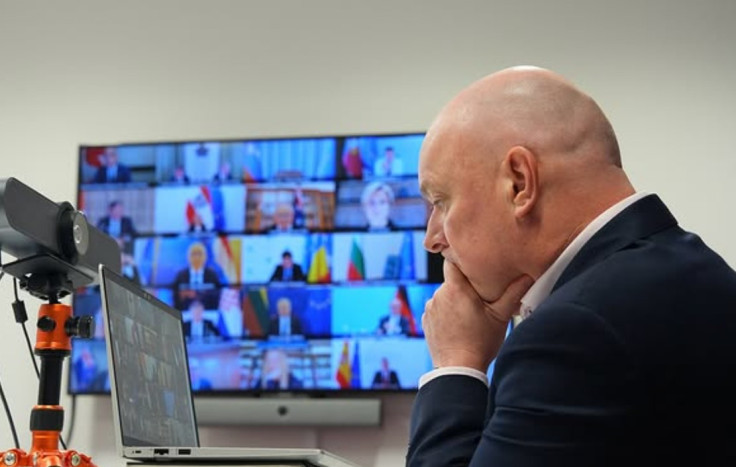
New Zealand Prime Minister Christopher Luxon has stood firm on his government's decision not to recognise Palestinian statehood, insisting the move reflects a commitment to peace rather than partisanship.
Speaking on Sunday, 29 September, Luxon said Wellington's stance is rooted in its long-standing foreign policy principles and international obligations. The position, unveiled days earlier at the UN General Assembly by Foreign Minister Winston Peters, puts New Zealand in line with a small group of nations including the United States, Japan and South Korea that have so far withheld recognition of Palestine.
Luxon argued that the approach underscores New Zealand's independent voice in global affairs. 'Our policy is about supporting peace and stability, not taking sides,' he said, as the Gaza conflict continues to draw sharp divisions on the international stage.
Government Rationale for Delaying Recognition
Speaking with Morning Report, Luxon explained that New Zealand is not pro-Palestine or pro-Israel but prioritises peace and stability in the region.
'It is a matter of when, not if, but it is just not now,' he said, citing the control of Hamas in Gaza as a key factor preventing immediate recognition.
The Prime Minister also highlighted New Zealand's continued support for a two-state solution and stressed the importance of diplomatic engagement with both Israeli and Palestinian authorities. This includes supporting the Palestinian Authority in governance, institutional development, and capacity-building, while simultaneously urging Israel to moderate policies that undermine peace efforts.
Reactions from Domestic and International Communities
The government's decision has drawn mixed reactions. Israel welcomed New Zealand's stance, with Israeli Ambassador Alon Roth stating it sends a clear message that violence and terrorism will not be rewarded. Roth also stressed the importance of freeing hostages held by Hamas.
Not surprisingly, Palestinian advocates and human rights groups had anticipated New Zealand's decision. Heba Mortaja, who has family in Gaza and serves as spokesperson for Aotearoa for Palestine, said the announcement did not come as a shock.
'For the past two years, Kiwis all over New Zealand have been protesting for Palestine and the New Zealand government has not really done much. So to be honest, it was not like a complete shock to see Winston Peters' statement at the UN General Assembly the other day,' she said.
She also noted that recognition does not equate to support for Hamas but affirms Palestinian self-determination.
Public protests have also taken place in Wellington and other cities, reflecting concern over the humanitarian crisis in Gaza, where over 65,000 Palestinians, mostly civilians, have reportedly died over nearly two years of conflict.
Diplomatic Context and Luxon's Justification
Luxon reiterated that New Zealand's position aims to reduce conflict rather than escalate tensions. 'But what we're looking for is we want to see Hamas releasing hostages unconditionally. We want to see them disbanding, disarming,' he said. 'We want to see the renouncement of violence and terrorism from all Palestinian leaders.'
At the same time, New Zealand continues to call for Israel to halt policies that exacerbate the humanitarian crisis. Luxon highlighted that the government is maintaining a neutral stance and is pro-peace, ensuring that diplomatic channels remain open and both sides are encouraged to negotiate towards a lasting resolution.
Current Approach and Ongoing Efforts
New Zealand continues to monitor the Gaza crisis and engage in international discussions aimed at mitigating humanitarian suffering. The government has repeatedly signed statements supporting diplomatic efforts led by countries such as France and Saudi Arabia.
By delaying formal recognition of Palestinian statehood, Luxon emphasises a pro-peace approach that seeks to balance support for Palestinian self-determination with the realities of regional security and ongoing violence.







